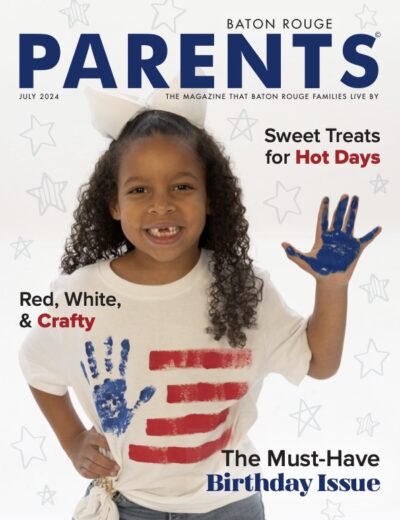
RSV Wave Starts Early
RSV is a common respiratory virus that usually spikes in the cooler months of winter and early spring. This year has been somewhat unique with the spike starting in the summer.
Many healthcare providers believe the early start may be related to COVID-19 mitigation measures. While masks and social distancing slowed down RSV last winter, the virus returned earlier this year a few months ahead of the usual season.
Most children who develop RSV infections recover uneventfully from what appears to be a common cold. However, RSV can be serious and require hospital admission in certain cases.
TYPICAL RSV SYMPTOMS INCLUDE:
- Nasal congestion and discharge
- Coughing
- Increased effort to breathe
- Wheezing (a high-pitched whistling sound made while breathing)
- Poor eating and drinking
- Fever
- Lethargy
- Irritability
- Cyanosis, a bluish discoloration of the skin
- Apnea, or cessation of breathing, in infants
WHO IS MOST AT RISK?
Even healthy children can experience severe RSV infections. However, those most at risk are infants and those with a history of baseline lung disease–especially infants with chronic lung disease or prematurity–congenital heart disease, immunocompromised status, and neuromuscular disease.
IS RSV CONTAGIOUS?
RSV is highly contagious. According to the Centers for Disease Control and Prevention, nearly all children have at least one infection before the age of two. The virus spreads through coughing or sneezing. It can live on surfaces and on our hands, so it spreads when a person touches something contaminated and then touches their nose or eyes.
Symptoms show up four to six days after exposure. It takes about three to eight days to get over the virus, though it can take significantly longer in some groups like infants and the immunosuppressed.
DIAGNOSIS AND TREATMENT
Diagnosis of RSV is usually based on symptoms and a physician’s examination. Nasal swab tests are used if needed.
Currently, there are no medications that cure RSV–antibiotics are ineffective since RSV is a viral infection.
Instead, RSV is treated with symptom management like:
- Fluids, possibly an IV, to prevent or treat dehydration
- Nasal suctioning of secretions
- Supplemental oxygen or more advanced respiratory support, if necessary
PREVENTION
Proper handwashing is crucial, along with separating infected children from siblings and family members, crowds and, if possible, daycare settings. Secondhand smoke exposure should be eliminated as well.
Palivizumab (Synagis) is an injection of immunoglobulin against RSV that can be given to certain high-risk populations to prevent severe RSV disease. This is given once per month from November to March.





